A New Starting Point
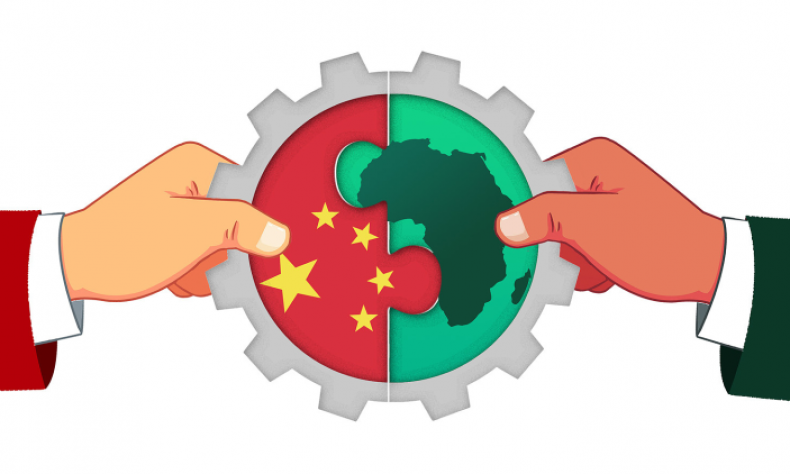
Because they feature the world’s largest developing country and the continent with the greatest number of developing countries, FOCAC sessions always produce significant and much-anticipated decisions.
Senegal takes up the co-chairmanship of the Forum on China-Africa Cooperation (FOCAC) this year. Before the Eighth Ministerial Conference of FOCAC in late November, Mamadou Ndiaye, Ambassador of Senegal to China, gave an interview to La Revue de Dakar in which he shared his views on the FOCAC meeting in Dakar and Sino-African ties. ChinAfrica is republishing it with permission:
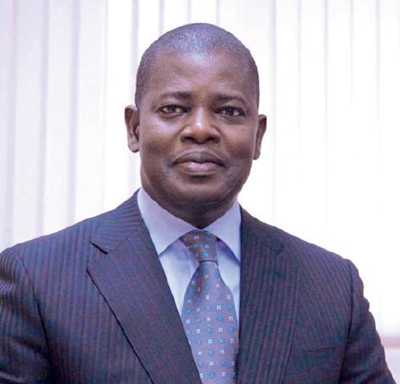
La Revue de Dakar: Senegal is planning to host the next FOCAC meeting. What significance do you place on this meeting?
Mamadou Ndiaye: Every three years, the FOCAC meeting brings together African and Chinese ministers in charge of foreign affairs and economic cooperation, as well as the AU Commission, to examine Sino-African collaboration and adopt new measures to improve it. This is the fourth time FOCAC is being hosted in Africa since its inception in 2000, following the 2003 edition in Addis Ababa, 2009 in Sharm el Sheikh, and 2015 in Johannesburg.
Given that this meeting is held alternately in Africa and China, we can say that each time a FOCAC meeting is held in an African country, China is welcomed by the whole continent. As such, it is a privilege for Senegal to host a meeting of this size on behalf of Africa, which will serve as a symbol of the strengthening of Sino-African collaboration and promotion of sustainable development. This meeting, like many before it, will provide a chance to create new groundwork for deepening the outstanding friendship and collaboration that binds Africa and China.
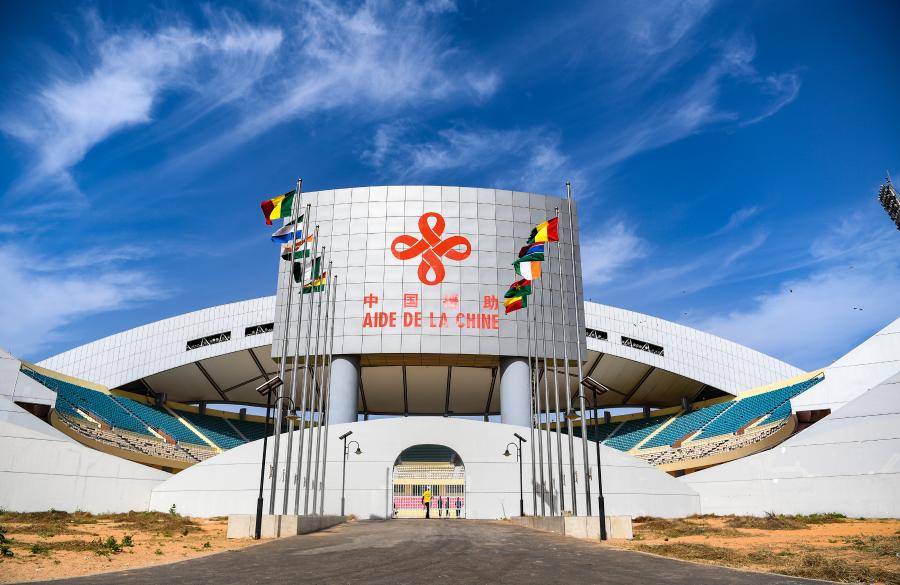
La Revue de Dakar: Since the previous summit in Beijing, President Macky Sall and his Chinese counterpart, President Xi Jinping, have served as co-chairs of FOCAC. Can you give an overview of the overall impact of the decisions taken after this summit?
Mamadou Ndiaye: As co-chairs of FOCAC, Presidents Macky Sall and Xi Jinping have maintained close contact since the 2018 Beijing Summit and are following, through their two governments, the implementation of the conclusions of that summit.
According to statistics provided by the Chinese authorities, as of December 2020, more than 70 percent of the $60 billion allocated by China for the implementation of the 2019-2021 action plan has actually been used or allocated, indicating a very satisfactory implementation rate.
Among the decisions of the Beijing Summit that have been implemented is the launch of the China-Africa Economic and Trade Expo (CAETE). This exhibition has been held twice, in 2019 and this year, in Changsha, Hunan Province, with Senegal as one of the guests of honor countries. It is an important initiative that has a significant impact on economic and trade relations. At the first edition in June 2019, 84 trade contracts were signed with a total value of over $20.8 billion. This year, the exhibition recorded the participation of over 900 Chinese and African companies and resulted in the signing of 135 partnership projects worth $22.9 billion.
When the COVID-19 pandemic began, President Macky Sall approached his Chinese counterpart to ask for his advocacy for Africa in the initiatives undertaken by the international community to mitigate the impact of the health crisis. It is in this spirit that, on June 17, 2020, the heads of state of Senegal and China and their South African counterpart, then Chairman of the AU, organized an extraordinary Sino-African summit devoted to solidarity against COVID-19.
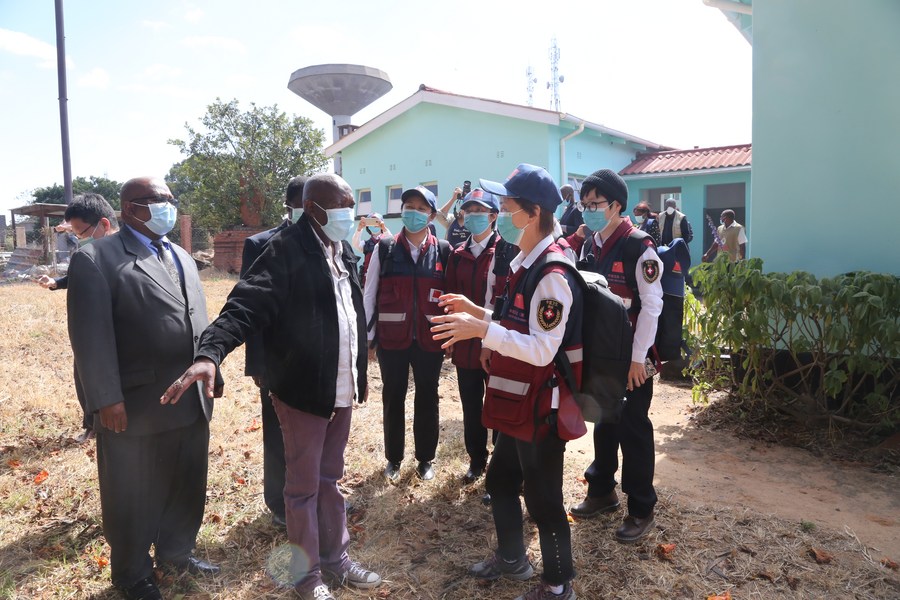
La Revue de Dakar: Can we anticipate significant decisions for both Africa and China at the upcoming meeting?
Mamadou Ndiaye: Because they feature the world’s largest developing country and the continent with the greatest number of developing countries, FOCAC sessions always produce significant and much-anticipated decisions.
Furthermore, the worldwide situation in which we find ourselves right now adequately justifies looking forward to such decisions. Africa and China, like the rest of the globe, are feeling the effects of the COVID-19 pandemic. For this reason alone, they must use the opportunity to take bold steps to revitalize their economies and enhance their alliance.
Secondly, they must continue their joint fight against the COVID-19 pandemic, which is not only not over, but calls for new initiatives to improve the health systems of African countries and to strengthen African capacity in the production of medicines and medical equipment.
More concretely, the FOCAC meeting is traditionally marked by the announcement of new cooperation initiatives by China, and there is every reason to believe that this tradition will be continued.
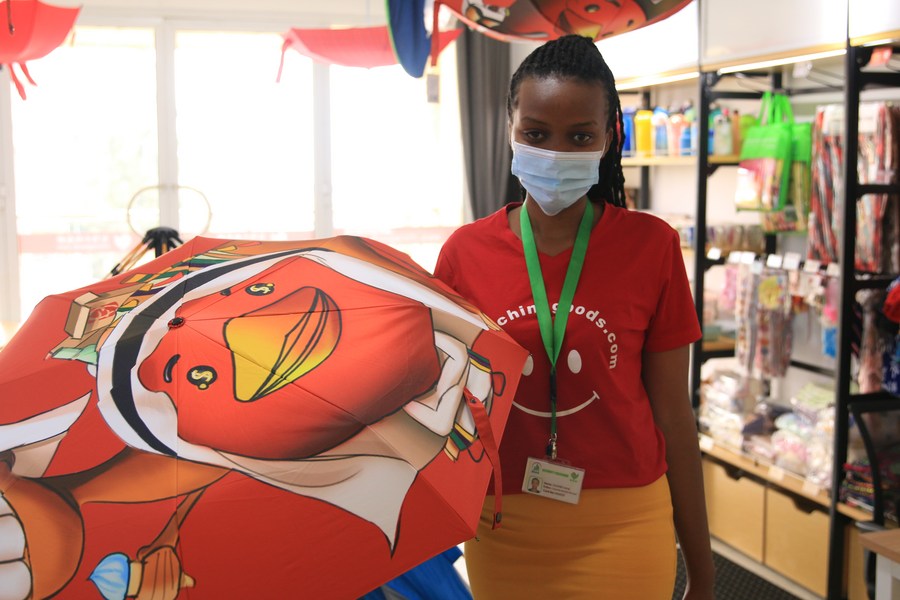
La Revue de Dakar: Are there any private-sector meetings scheduled in addition to the ministerial conference?
Mamadou Ndiaye: together business leaders from both sides as well as government officials to discuss more specifically issues relating to business relations, trade, and investment.
The business conference provides a valuable platform for the business community to provide feedback on China-Africa cooperation and make recommendations to policymakers, who then take advantage of the opportunity to make announcements, commit to actions, and engage in meaningful dialogue with business leaders.
La Revue de Dakar: Can it be said that the co-chairmanship of FOCAC has had an impact on the cooperation between China and Senegal?
Mamadou Ndiaye: The relationship between the two countries has been strengthened because the African country that holds the co-chairmanship of FOCAC usually occupies the privileged position of interlocutor with China on African and international issues.
Consequently, at the political level, Sino-Senegalese relations have remained excellent and have even been strengthened through frequent consultations between the authorities of the two countries.
No particular problems were noted in the area of bilateral economic cooperation. On the contrary, the cooperation projects are being implanted on schedule, and even though the COVID-19 pandemic has caused some disruptions, it has not had any major impact on the overall framework of the Sino-Senegalese partnership.
However, it is to be hoped that, very soon, travel restrictions will be lifted or eased throughout the world so that Senegalese and Chinese companies can resume their contacts and explore opportunities on both sides.
 Facebook
Facebook
 Twitter
Twitter
 Linkedin
Linkedin
 Google +
Google +










